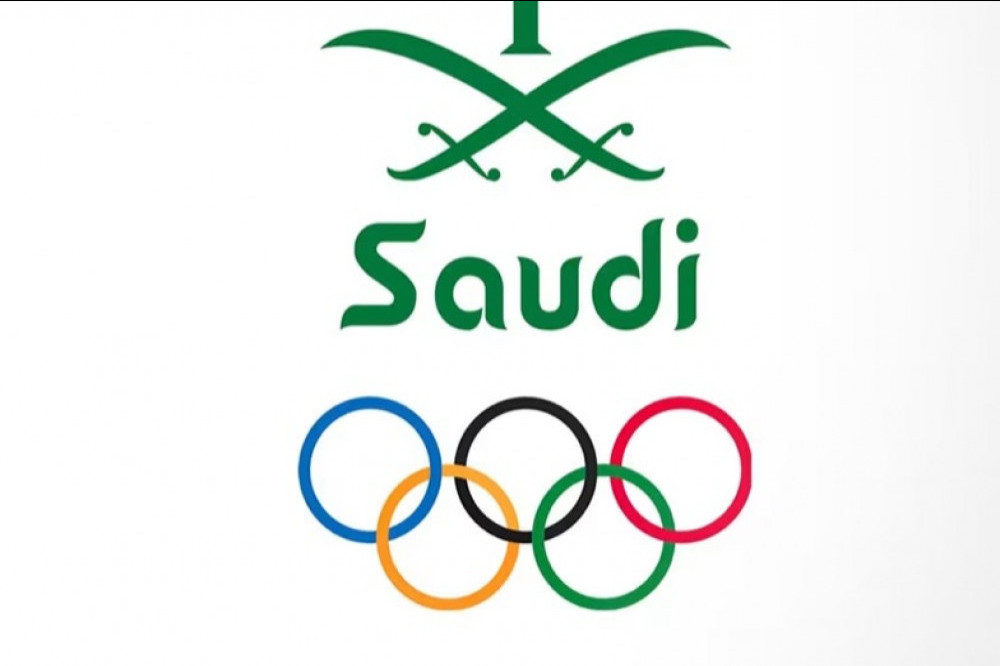The International Olympic Committee has partnered with the National Olympic Committee of Saudi Arabia to host the inaugural Olympic Esports Games in 2025.

The International Olympic Committee has partnered with the National Olympic Committee of Saudi Arabia to host the inaugural Olympic Esports Games in 2025
It will mark the IOC’s foray into the realm of competitive gaming, a move approved by the IOC Executive Board and set to be formalised during the IOC Session on the eve of the Paris 2024 Olympic Games.
The partnership with the Saudi NOC spans 12 years, ensuring regular Olympic Esports Games.
IOC president Thomas Bach said: “The Olympic Esports Games will greatly benefit from this experience. By partnering with the Saudi NOC, we have ensured that Olympic values are respected, especially in terms of game titles, gender equality, and youth engagement.”
HRH Prince Abdulaziz bin Turki Al Faisal, Minister of Sport and President of the Saudi Arabian Olympic and Paralympic Committee, added about the collaboration: “Saudi Arabia is hugely excited by the prospect of partnering with the IOC and helping to welcome a completely new era for international sport. This event will inspire new dreams and ambitions for millions of athletes worldwide.”
The Prince emphasised Saudi Arabia's commitment to hosting an event that respects and celebrates Olympic values while advancing esports globally.
He said the Kingdom, with more than 23 million gamers, is a global hub for professional esports, supported by Crown Prince Mohammed bin Salman bin Abdulaziz Al Saud.
The announcement comes amid Saudi Arabia's significant sporting growth under Vision 2030, which has seen the Kingdom host over 100 international sports events since 2018, attracting more than 2.6 million fans.
Sports participation in Saudi Arabia has tripled since 2015 – with the number of sports federations increasing from 32 to 98, including the burgeoning Saudi Esports Federation.
Women’s sports have particularly flourished, with nearly half of the Kingdom’s gamers being female.
There are now over 330,000 registered female athletes and nearly 40 women’s national teams competing internationally.
Grassroots sports are thriving, with 70,000 schoolgirls participating in football leagues weekly.
Additionally, reforms have ensured female representation on sports federation boards, with over 100 women, including seven federation presidents.

